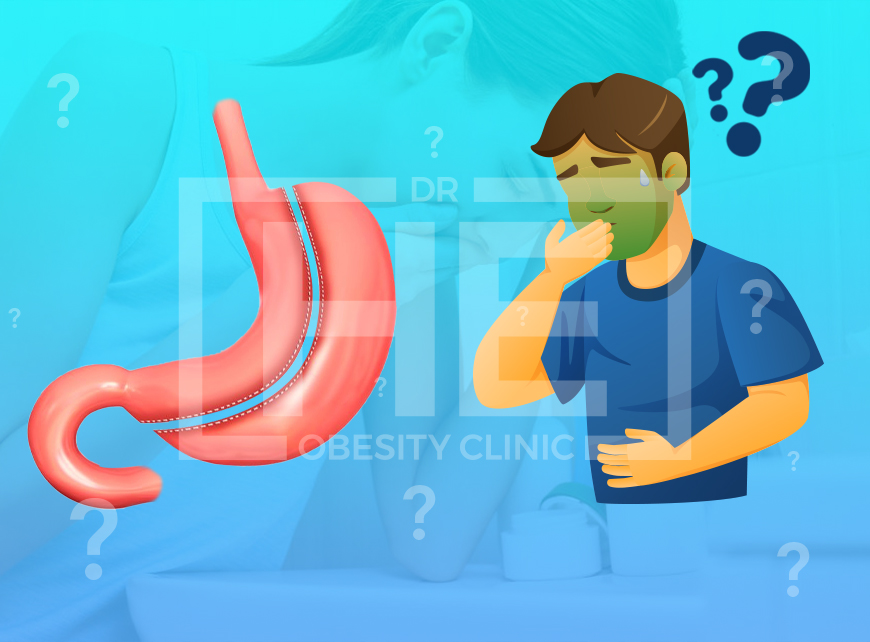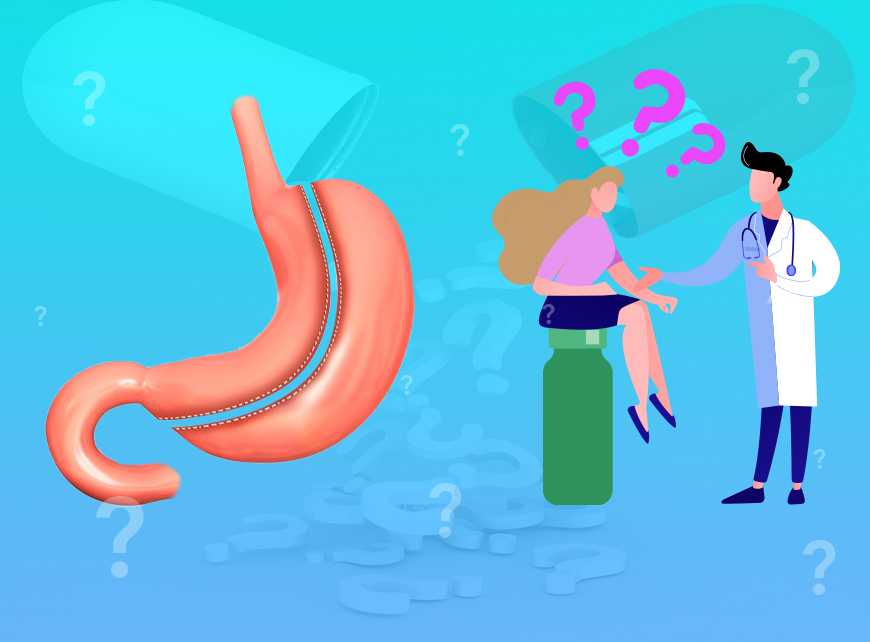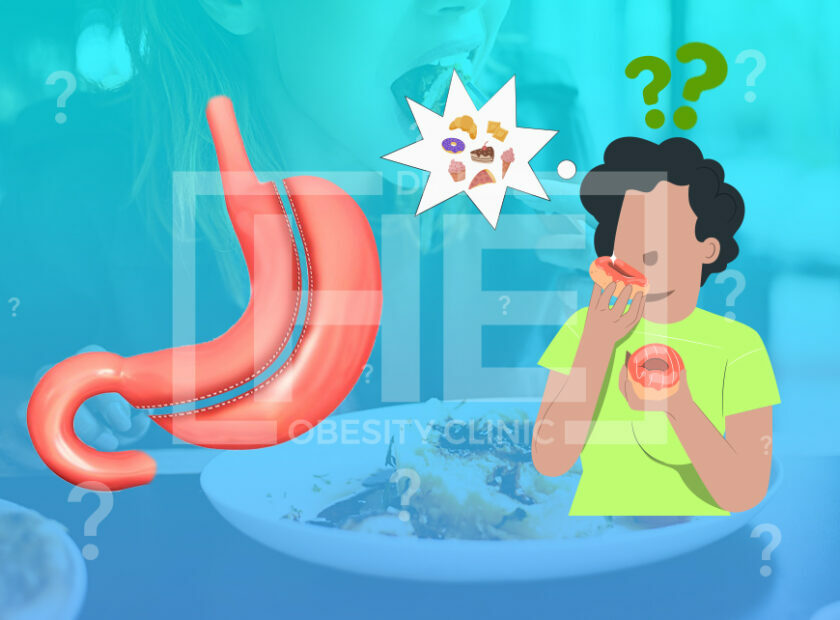
Vomiting After Vertical Sleeve Gastrectomy Surgery: Are There Other Side Effects? Are experiencing vomiting after Vertical Sleeve Gastrectomy Surgery? It is actually quite normal if you do. As with any type of surgical procedure, there are a few risks associated with vertical sleeve gastrectomy. In addition to complications, there are a few potential side effects of this procedure.
The first, most common, is nausea, which may persist for a few days. As a result, you should avoid consuming foods containing caffeine and carbonated drinks for at least a week after the surgery.
You may experience nausea and vomiting after vertical sleeve gastrectomy surgery. And if you do, you should also avoid greasy foods, milk, and very cold or hot foods for at least one week after surgery.
Also, avoid large meals and drink plenty of fluids. To relieve nausea, try to limit your intake to one to two liters of liquids per day. If your symptoms persist or worsen, you should contact your physician.
Why You Might Be Experiencing Vomiting After VSG
The most common reason for vomiting after vertical sleeve gastrectomy is adhesion formation. The small intestine can become twisted or spilled. The infection is rare, and the intestines will heal without obstruction. It is important to call your surgeon if you are experiencing nausea or vomiting following your procedure.
it is the most common complication of the procedure, and it should be expected and managed as best you can. After the procedure, food stays longer in the stomach, which can cause vomiting. Your physician may prescribe an anti-nausea medication to relieve the nausea.
Other Possible Side Effects of VSG

What Are The Side Effects Of Gastric Sleeve Surgery?
Symptoms of vomiting after vertical sleeve surgery vary. A single bite of food can trigger regurgitation or a dumping syndrome, which is an unpleasant feeling that usually lasts for a few hours.
In severe cases, you may vomit for a few days. If you continue to vomit or have diarrhea, you should contact your surgeon immediately. Your surgeon can perform an emergency procedure to prevent the condition from getting worse.
Aside from vomiting, other common side effects of this surgery include abdominal adhesions and intestinal obstruction. Although this complication is rare, it is important to consult your surgeon as soon as possible.
Usually, the problem subsides after a few weeks, and you can resume a normal diet if you are able to tolerate the medications. You may also experience some discomfort or swelling in the surgical area. Your doctor may prescribe antibiotics if necessary.
Occasionally, patients will also suffer from diarrhea. This is because the microbiota in the intestine changes after the surgery, and undigested nutrients end up in the small bowel. If not treated, diarrhea can result in dehydration or malnutrition.
What to Do to Minimize the Side Effect?
After the surgery, you should limit your intake of food and fluids. You should avoid alcohol, caffeine, and spicy foods. A balanced diet is important for proper recovery.
It will help prevent complications such as vomiting. However, it is also important to take a strict vitamin regimen. A strict diet and regular exercise will ensure that you are getting enough nutrients. In addition, you should avoid eating foods that will upset your stomach.
You should monitor your pace, consistency, and timing of vomiting. If vomiting is your main concern, you should contact your surgeon right away. This is the best way to minimize the risk of infection. Infections can cause an infection or sensitivity to anesthesia.
It can also cause nausea and vomiting. Your surgeon will discuss the possible risks before your surgery. Therefore, your doctor will determine the most appropriate treatment.




